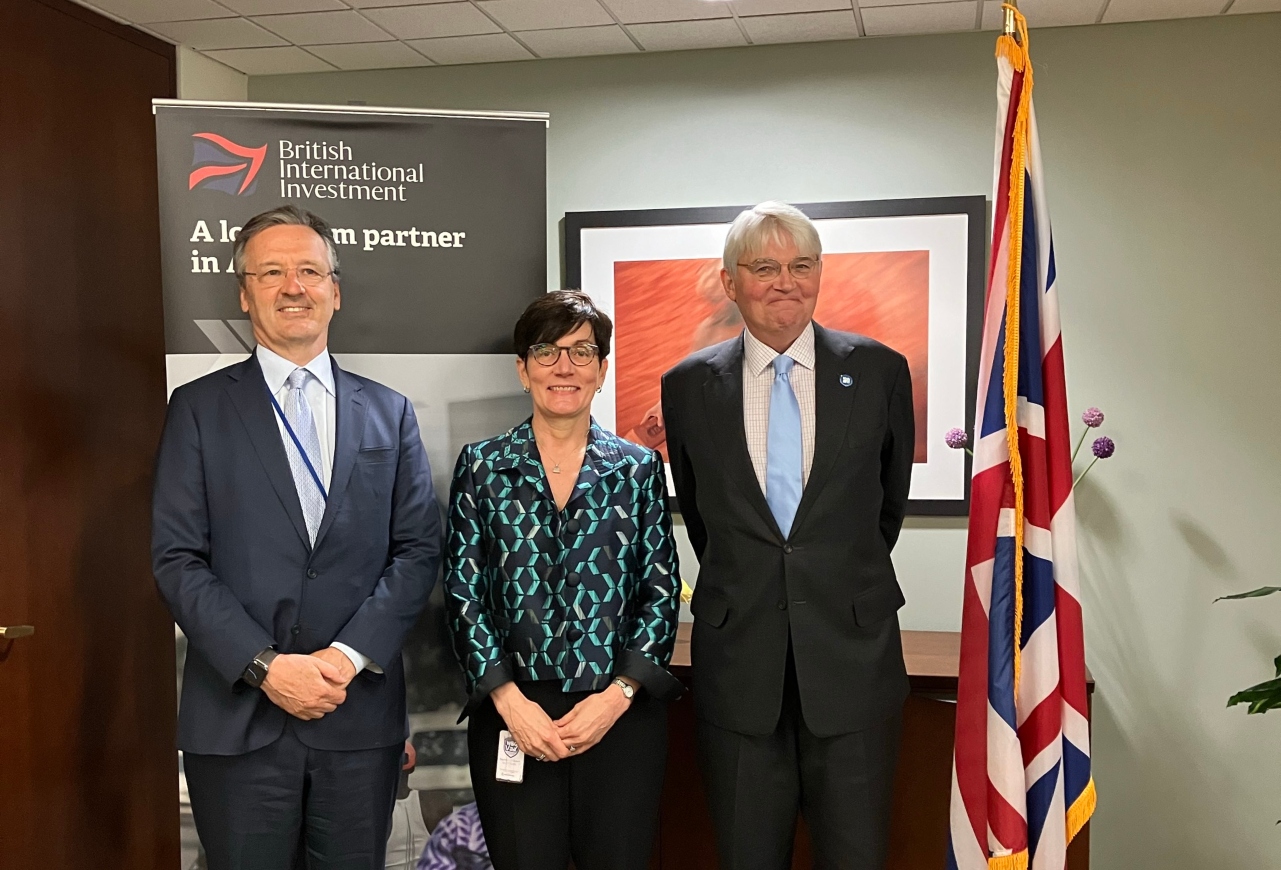The investment will help local businesses in frontier and emerging economies cover the cost of importing key commodities, equipment and machinery, which has risen sharply in recent years.

British International Investment (BII), the UK’s development finance institution, has signed a $100m (€93m) risk-sharing facility with US banking group Citi. The agreement is aimed at helping companies in underserved African markets with strong growth potential but which are held back by a lack of capital.
The loan facility, which was announced during a signing ceremony in Washington, DC at the World Bank’s spring meetings, comes as local firms increasingly struggle to cover the cost of commodities such as wheat, fertiliser, rice and sugar, transport, essential equipment and machinery following the COVID-19 pandemic and the Ukraine-Russia war.
Since the start of the pandemic, the trade finance gap in Africa with the rest of the world jumped to $120bn in 2023, from $81bn in 2019.

“This investment underlines BII’s commitment to supporting fragile economies across Africa in accessing vital goods to support food production, including fertiliser and agricultural machinery,” said Andrew Mitchell, the UK’s minister for development and Africa.
“By investing in countries where support is most needed, BII continues to take a lead in the fight against food insecurity,” Mitchell said.
Lack of local currency
The funding is trying to ease what both parties called a “critical lack of foreign currency” in the region by boosting the trade finance liquidity of Citi’s vast network of commercial banks.
This in turn will enable some 200 local lenders to help African businesses in countries including Benin, Cameroon, Côte d’Ivoire, Rwanda, Tanzania, Uganda and Zambia pay for imports of key commodities.
UN SDG 1, 2 and 8
The loan facility “brings together BII’s long history of support in the region, with Citi’s unique cross-border vantage point”, said Stephanie Von Friedeburg, head of DFI strategic partnerships at Citi. “At Citi, we understand the transformative potential of global trade and are committed to bringing solutions that facilitate critical investments to enable economic growth.”
Nick O’Donohoe, BII’s CEO, said the agreement “empowers local businesses to strengthen supply chains and accelerate the flow of essential trade”.
The loan facility will contribute to the UN Sustainable Development Goals 1, 2 and 8, of No Poverty, Zero Hunger, and Decent Work & Economic Growth.






